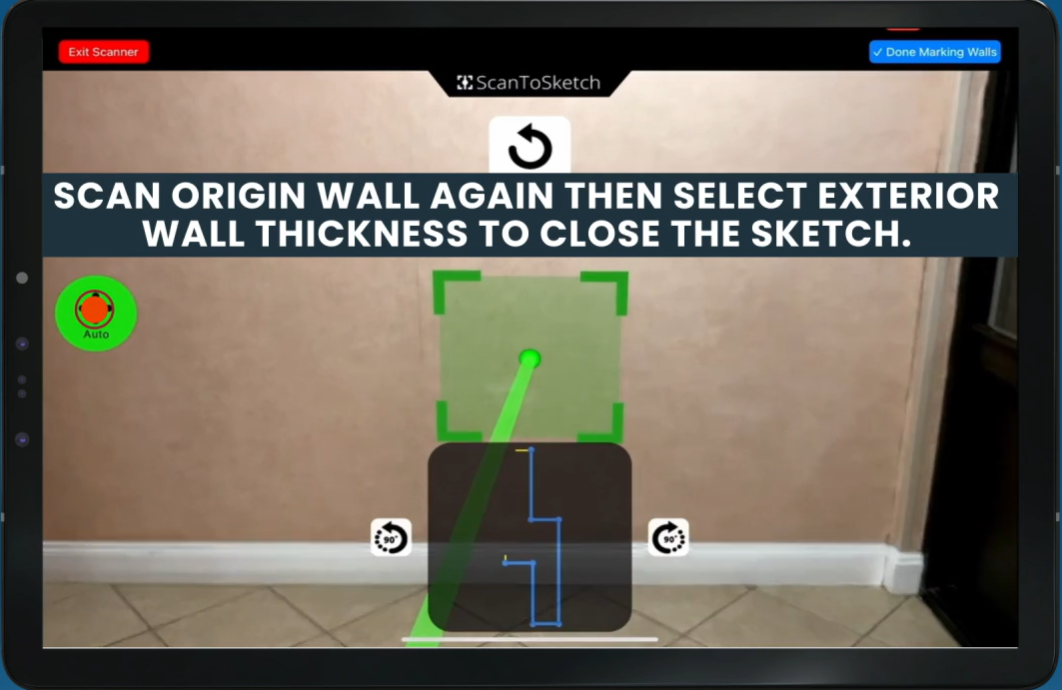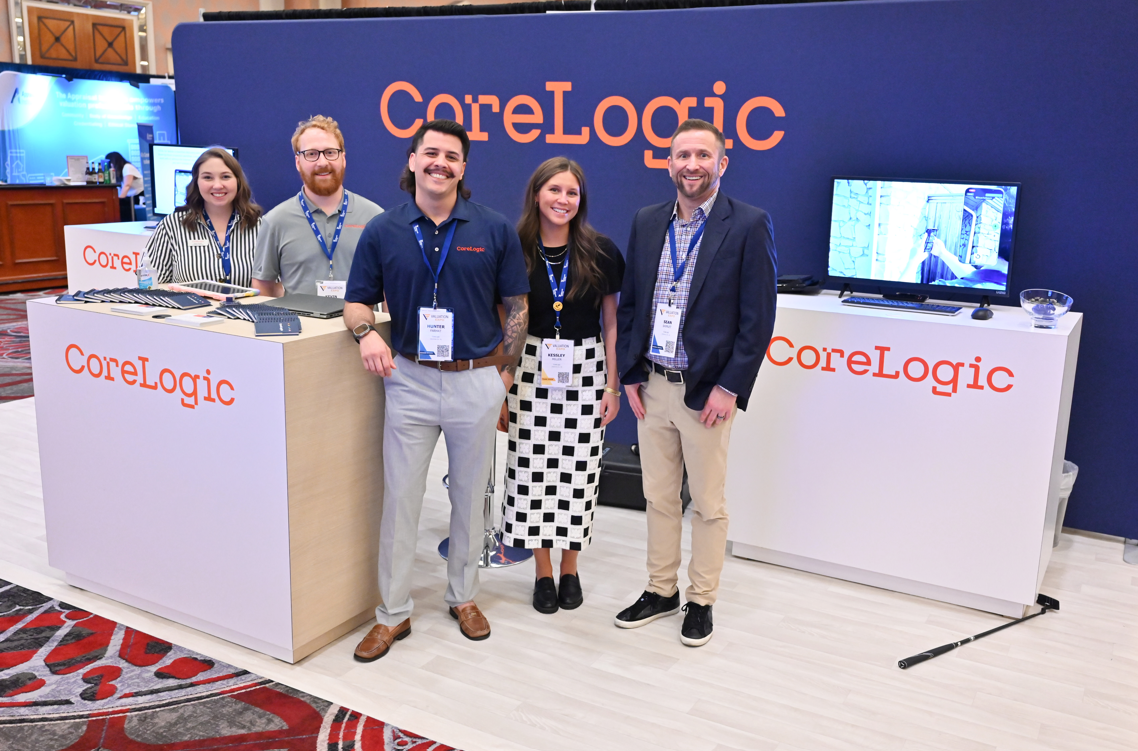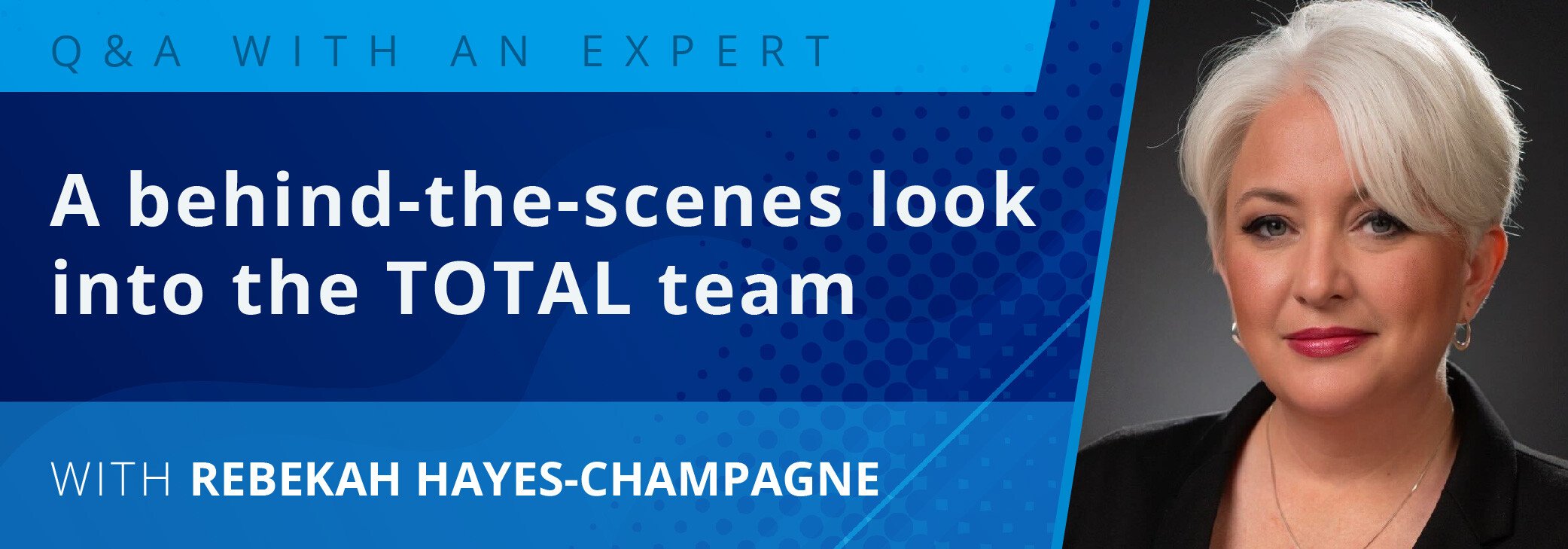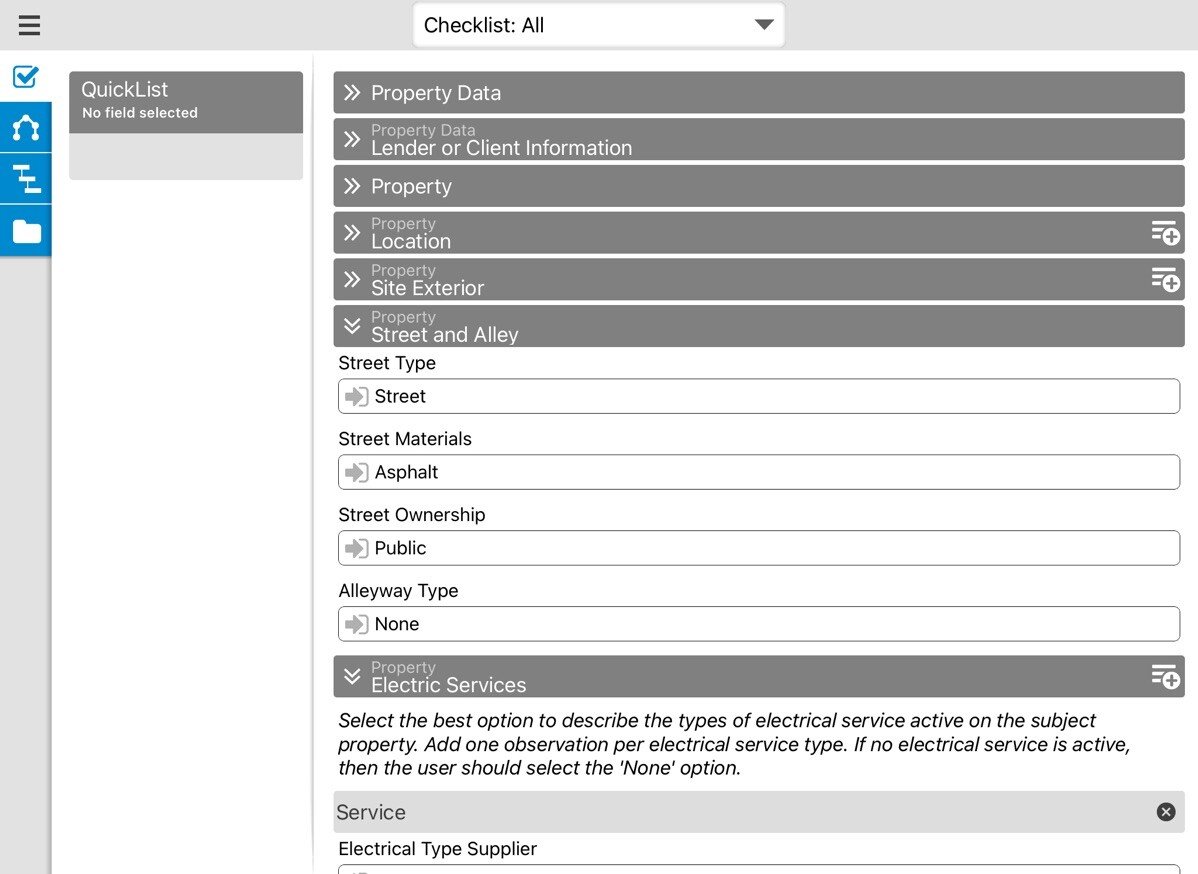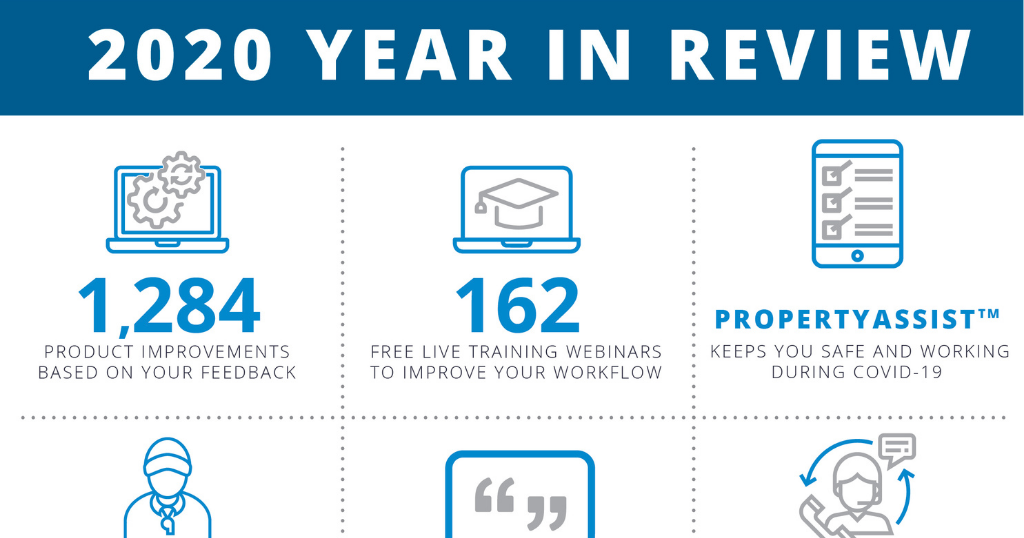Effective July 1, USPAP will no longer include a Departure Rule, nor anything called "Complete" and "Limited" appraisals. In their place will be a comprehensive new Scope of Work Rule, a set of minimum standards for all appraisal, appraisal review and appraisal consulting assignments. Are you ready?
The Scope of Work Rule is perhaps best understood as a re-emphasis on the process of analysis and its requirements instead of conforming the reporting of your work to certain labels. (In fact, concepts like Binding and Specific Requirements are absent from the new USPAP, too.) The new standards address what goes into your decision to conduct a certain level of analysis and the amount of research and diligence that needs to go into what you choose.
The Departure Rule required that your client agree to the performance of a limited appraisal. Under the Scope of Work Rule, you're totally in charge of determining the appropriate level of research and analysis. You will use the client as necessary to identify the problem and determine the scope of work based on her requirements, but there is no client sign-off on your determination. (As a bonus, they will eventually no longer be using "limited appraisal" as a synonym for "cheap appraisal.")
Your reporting requirements don't change. You must report the scope of work performed, but you've always had to do that. The rules are intended only to give you more flexibility to perform services clients need. A comment to the Scope of Work Rule, which you can see linked here, defines scope of work as follows:
Scope of work includes, but is not limited to:
- the extent to which the property is identified;
- the extent to which tangible property is inspected;
- the type and extent of data researched; and
- the type and extent of analyses applied to arrive at opinions or conclusions
Appraisers have broad flexibility and significant responsibility in determining the appropriate scope of work for an appraisal, appraisal review, and appraisal consulting assignment.
According to the rule, an appraiser's scope of work is acceptable when it meets or exceeds: (1) the expectations of parties who are regularly intended users for similar assignments; and (2) what an appraiser's peers' actions would be in performing the same or a similar assignment.
What does all this mean in context of the services you're allowed to provide to your clients? It's plain to see that eliminating rigid definitions like "Limited Appraisal" and "Specific Requirements" and replacing them with more emphasis on your decision on what type of analysis is necessary for an assignment opens up more possible USPAP-compliant work. Advisory Opinion 19 (link: here), generally about "comp checks" and conditions on assignments, as of July 1 will refer you (among other places) to the new Scope of Work Rule, "with particular attention to the appraiser's responsibility in connection with the scope of work decision and disclosure obligations."
Can you then do "comp checks" provided you disclose the extent to which you've researched the subject and recent sales, make your client aware of the risk of the requested analysis and the shallow (relative to a 1004 or 2055) nature of your analysis? AO-19 has always said you could do so, provided you made it clear you were doing an appraisal and refused any unacceptable conditions and maintained your objectivity. It's easy to see though that a Scope of Work Rule could grease the skids for providing such services with a fee schedule, standard report form and other formalities that don't really exist today.
Learn more about the Scope of Work Rule from the links above as well as: Advisory Opinion 28, link: here; Advisory Opinion 29, link: here; and an ASB Q & A document (PDF format) on the new rule, link: here.



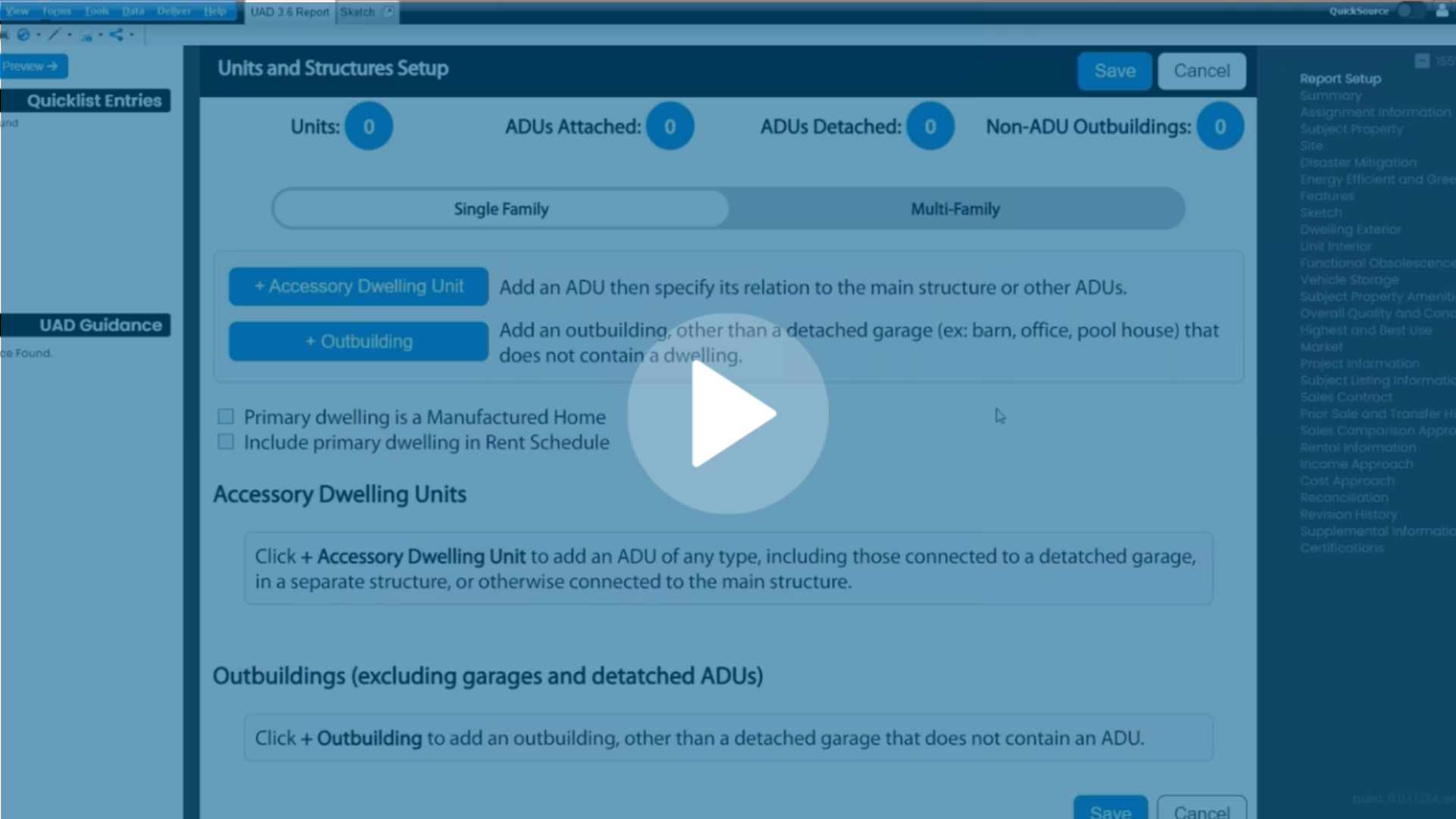
.png)

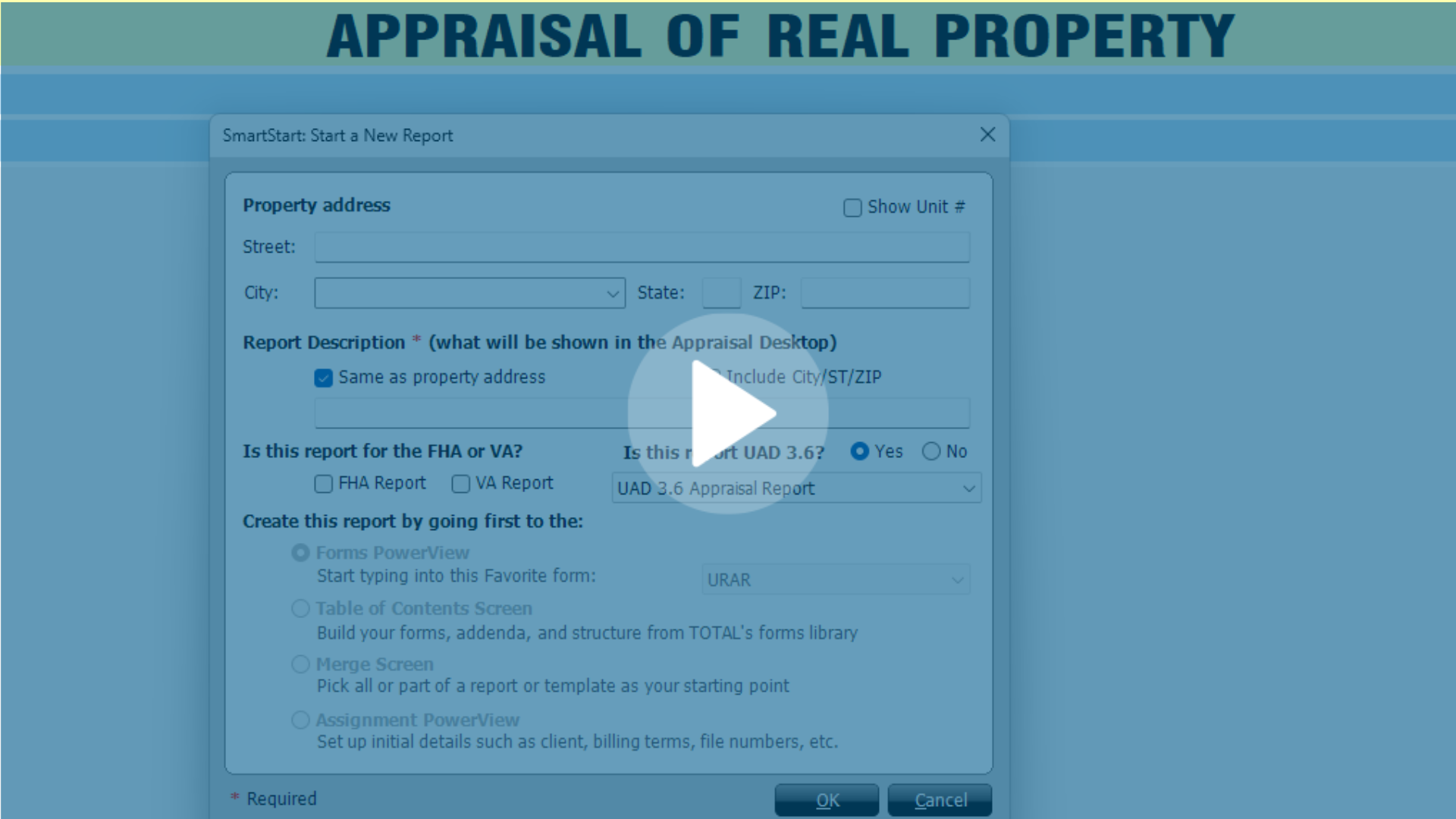


.png)
-1.png)
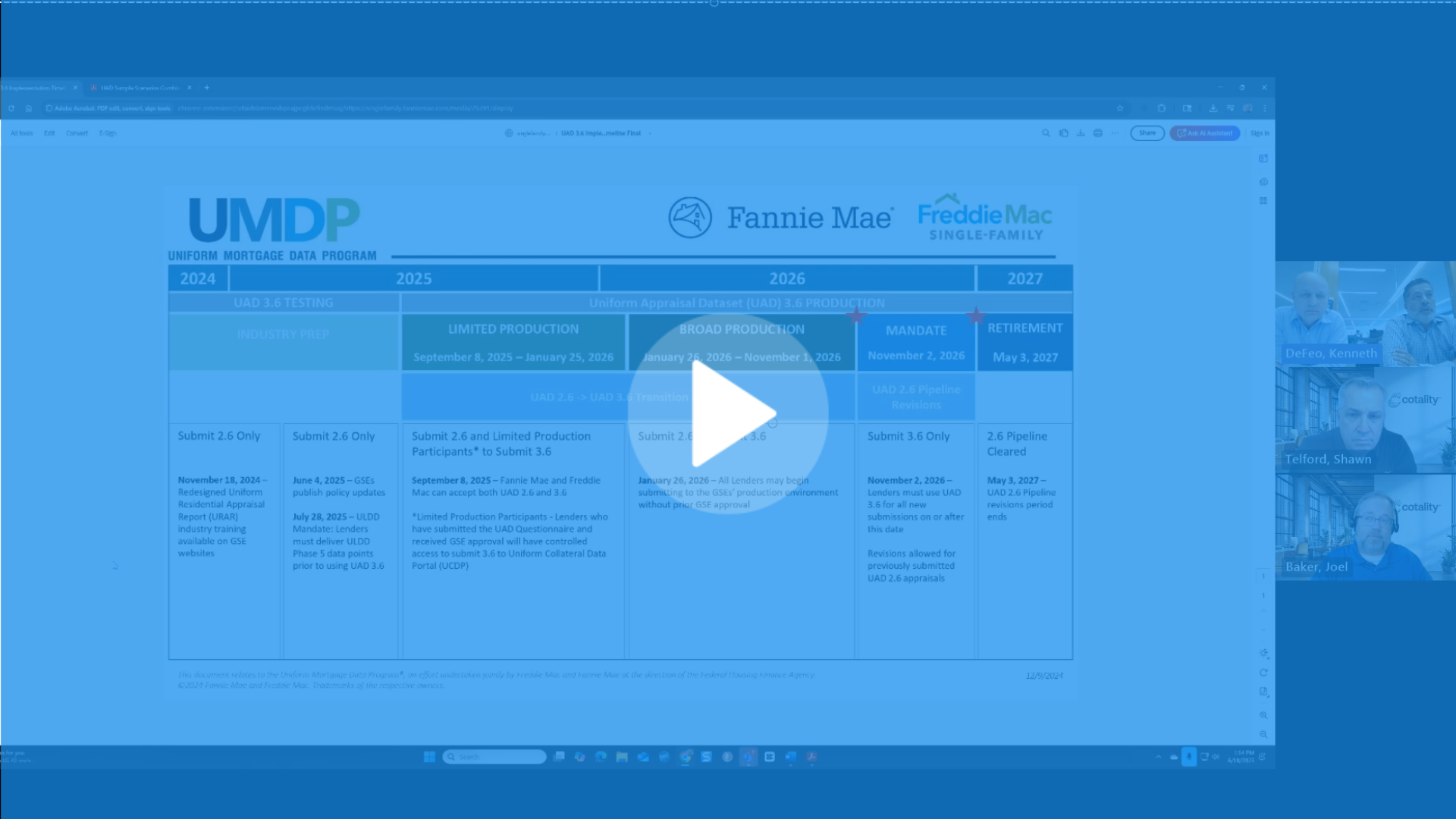
.png)
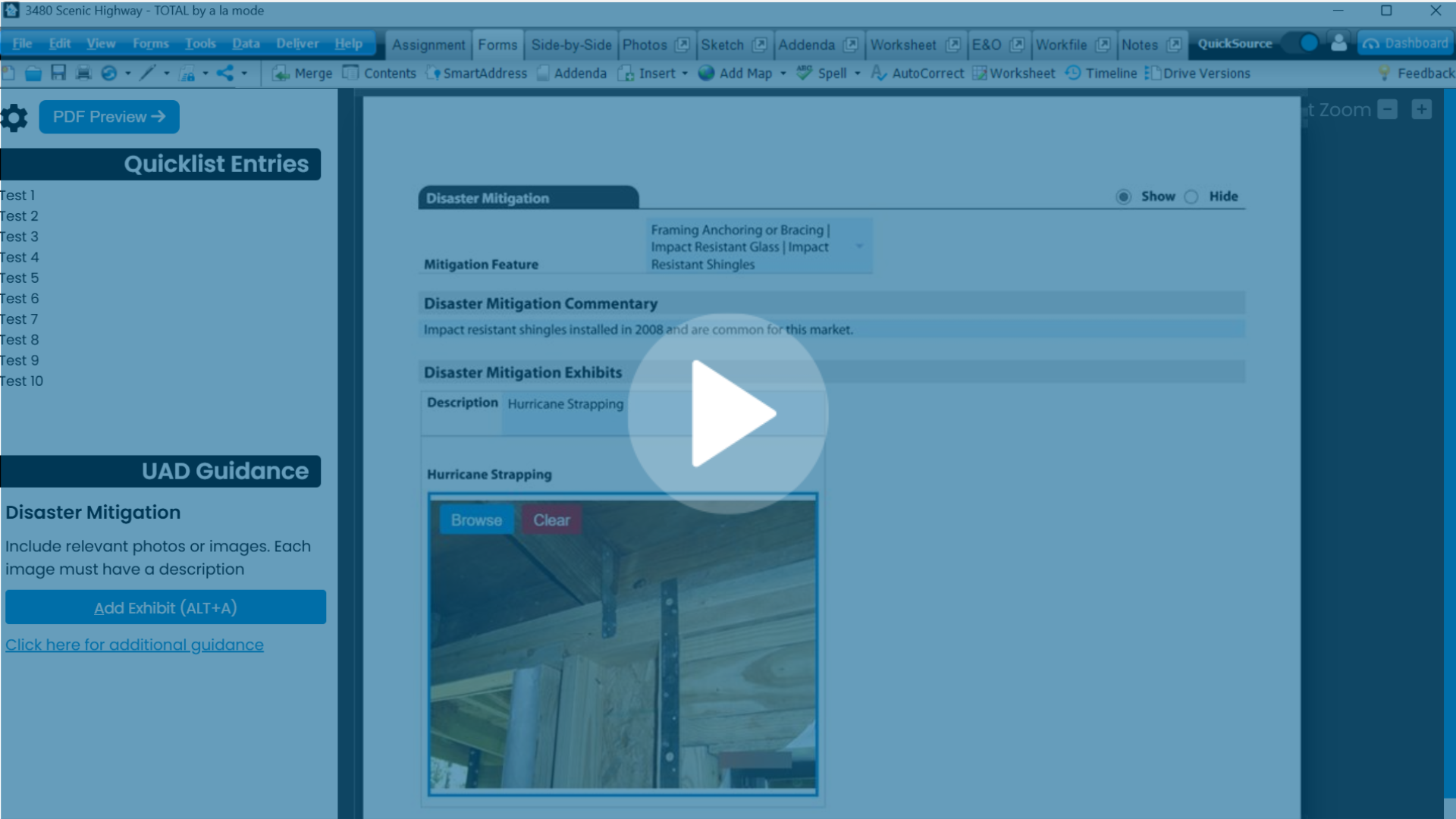
.png)
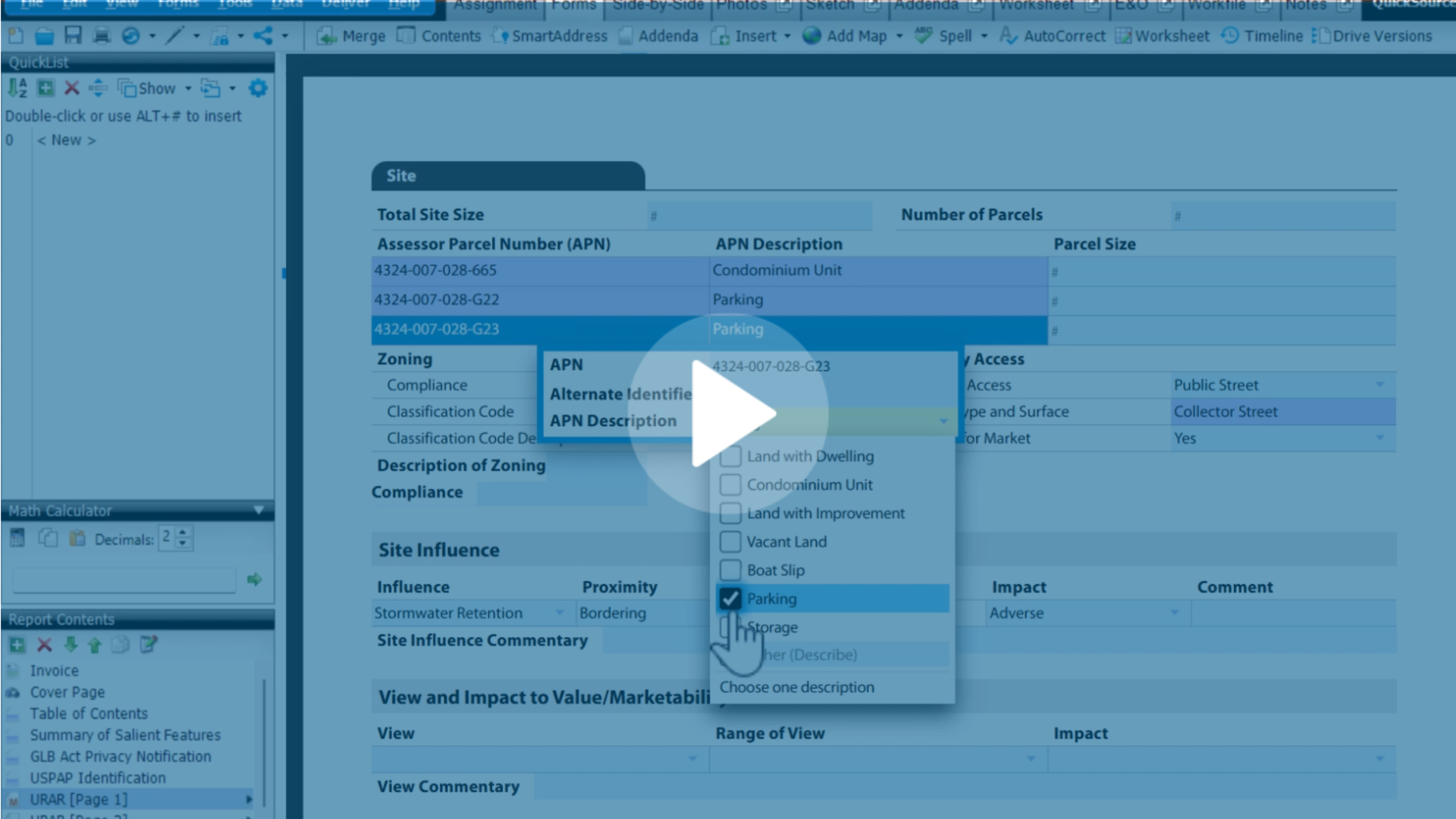
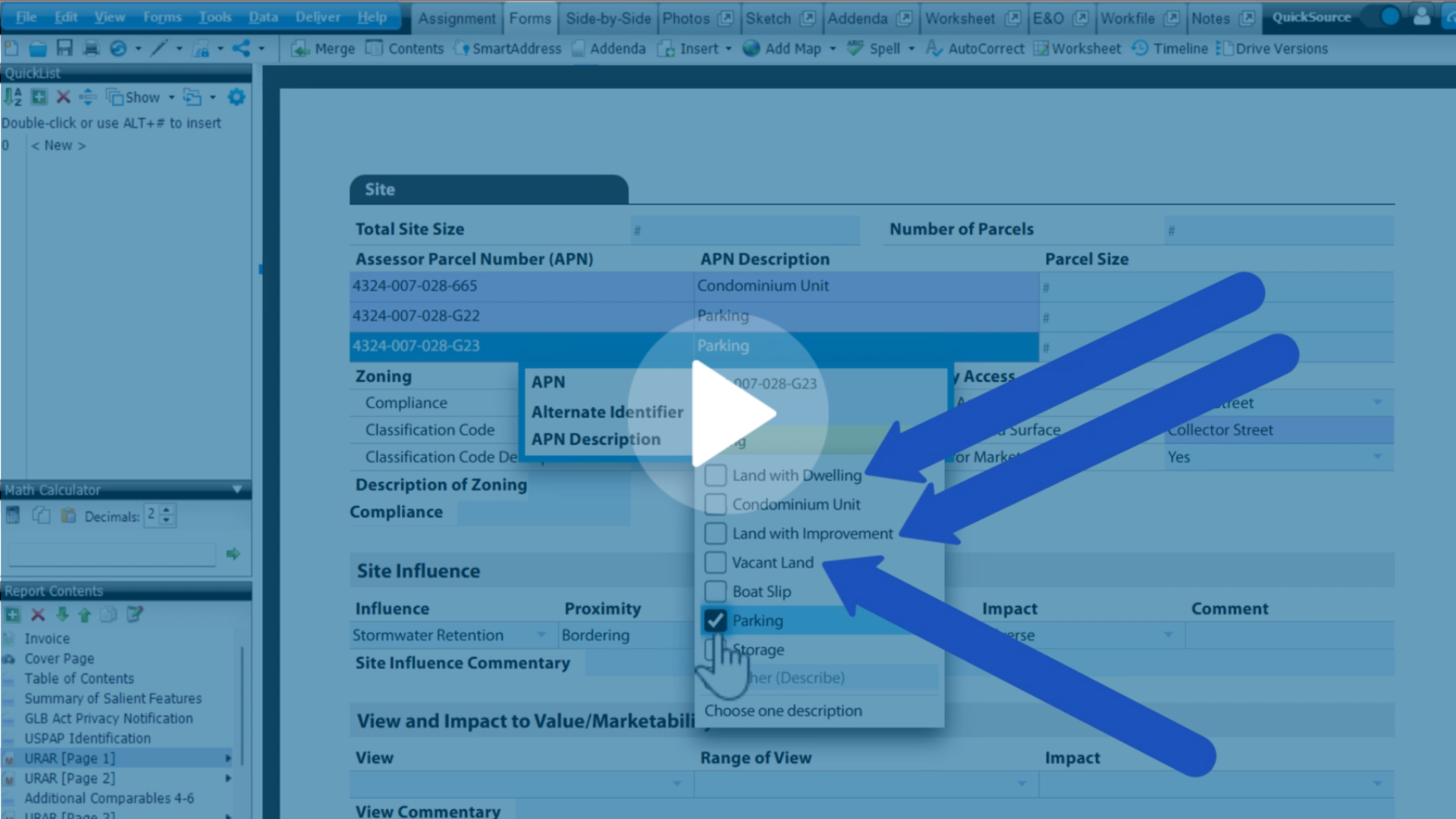
.png)
.png)
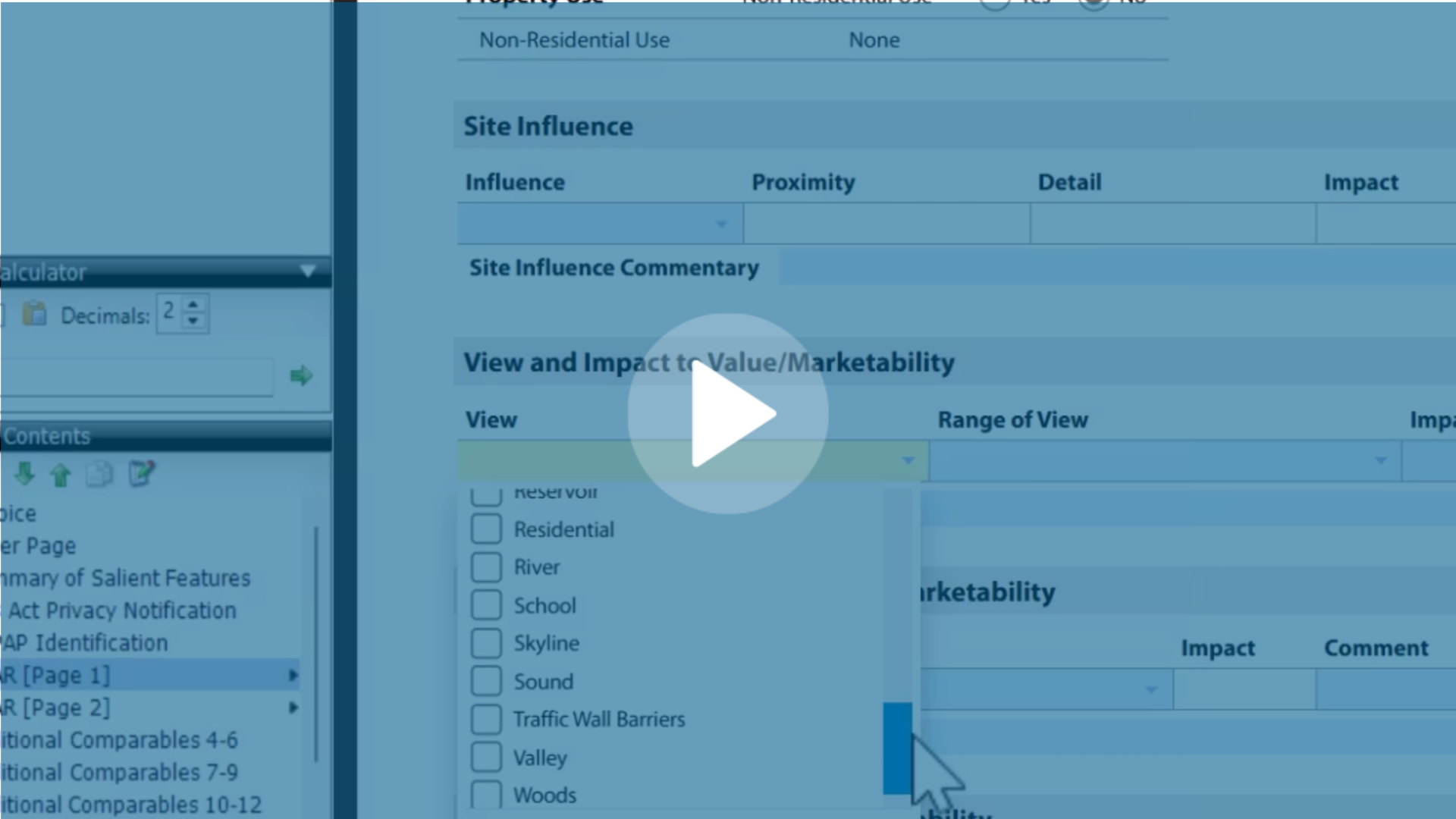
.jpg)
.png)
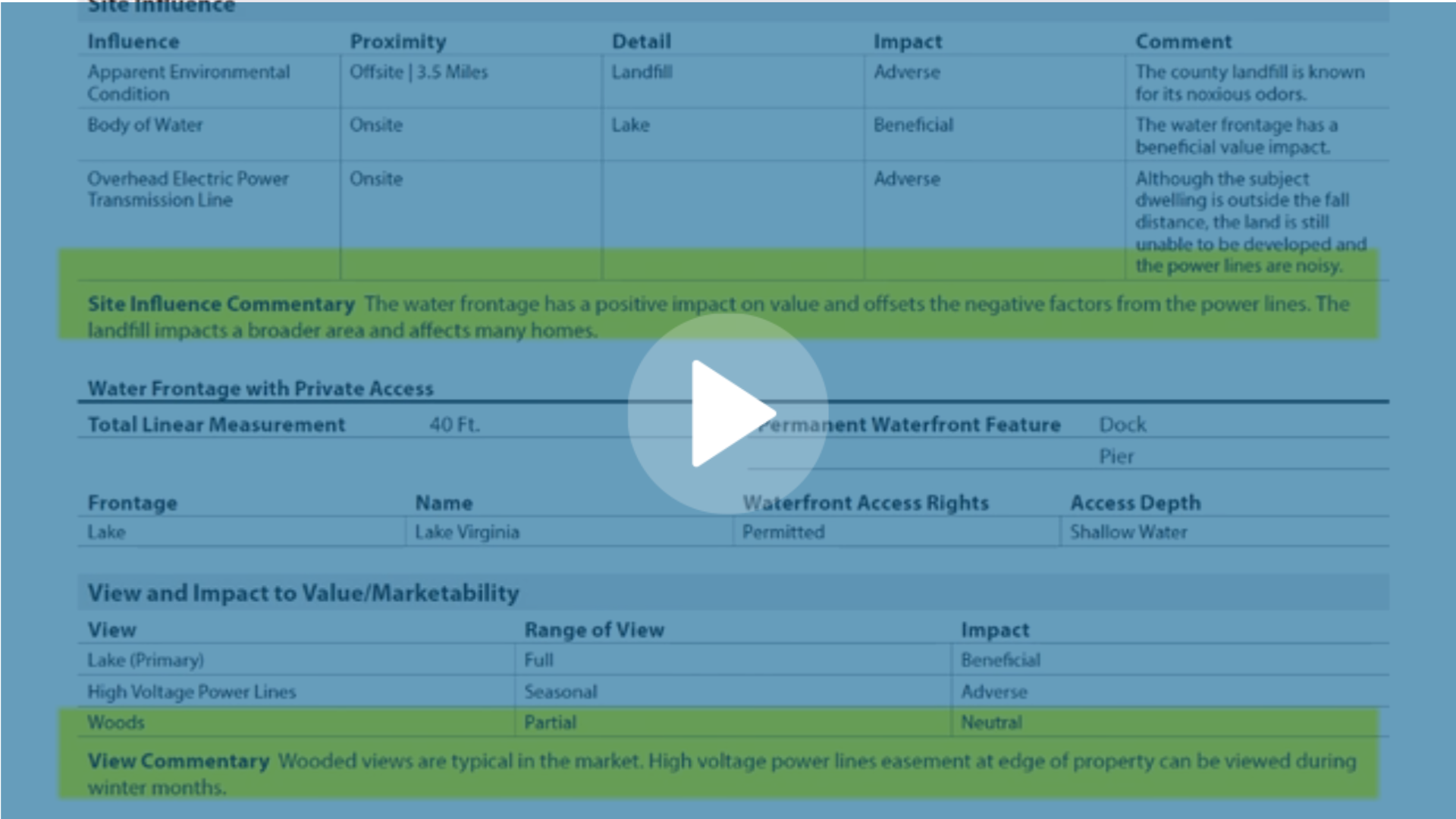
-1.png)



